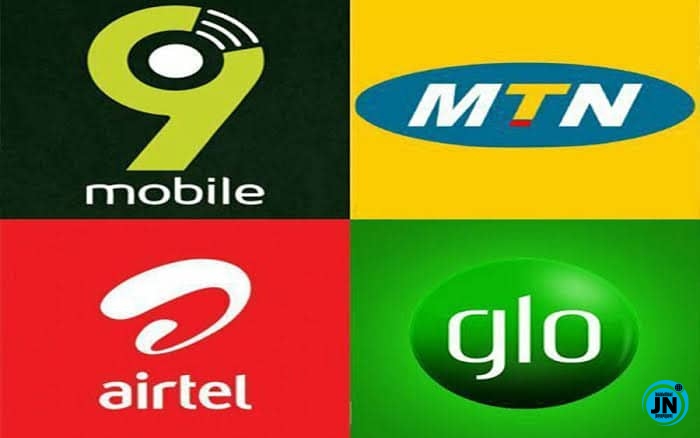The Socio-Economic Rights and Accountability Project (SERAP) has initiated legal proceedings against President Bola Tinubu’s administration and the Nigerian Communications Commission (NCC) in response to what they described as an “arbitrary, unconstitutional, unlawful, and unreasonable” 50% increase in telecom tariffs. The telecom tariff hike, which was approved by the NCC, has raised the cost of a one-minute call from N11 to N16.5, the cost of 1GB of data from N287.5 to N431.25, and the price of an SMS from N4 to N6.
This increase has generated widespread criticism, and SERAP has taken the lead in challenging the legality of the hike through a legal action. The suit was filed at the Federal High Court in Abuja (Suit No. FHC/ABJ/CS/111/2025), with SERAP arguing that the tariff increase violates citizens' rights to freedom of expression and access to information, as enshrined in the Nigerian Constitution and international human rights treaties.

A statement from SERAP, titled “SERAP wants court to stop Tinubu govt, telcos from implementing 50% telecom tariff hike,” outlines the key points of the lawsuit. SERAP’s lawyer, Ebun-Olu Adegboruwa, SAN, described the approval of the 50% telecom tariff hike as arbitrary, unconstitutional, and unfair. He further emphasized that the hike violates the Federal Competition and Consumer Protection Act of 2018, as well as international human rights standards. According to Adegboruwa, the decision by the NCC failed to consult with relevant stakeholders, including the Federal Competition and Consumer Protection Commission.
SERAP contends that the tariff hike undermines the principle of legality, which demands fairness and adherence to due process. The lawsuit argues that the NCC’s actions infringe upon citizens' constitutional rights, including the right to seek, receive, and impart information through communication media without discrimination. SERAP believes that the hike is detrimental to Nigerians who are already facing economic hardship.
The tariff increase comes at a time when Nigerians are grappling with severe economic challenges. A report from the National Bureau of Statistics revealed that 133 million Nigerians are multidimensionally poor, and over half of the population relies on wood, dung, or charcoal for cooking. This hike comes amidst a broader cost-of-living crisis, which has made it increasingly difficult for many Nigerians to afford basic necessities. SERAP highlights that the rise in telecom costs exacerbates the challenges citizens are already facing, particularly in light of the removal of fuel subsidies, rising electricity tariffs, and escalating food prices.
In its prayers, SERAP is seeking a court declaration that the tariff increase violates constitutional and international human rights provisions. The group is also requesting an injunction to stop the implementation of the tariff hike and a nullification of the NCC’s decision, calling it “extortive, unreasonable, and a breach of due process.”
SERAP’s Deputy Director, Kolawole Oluwadare, stressed that access to communication is a fundamental right, not a luxury. “The government and NCC have a duty to ensure telecommunication services remain affordable, especially for millions of Nigerians living in poverty,” he stated.
Various subscriber groups have also expressed their discontent with the hike, issuing an ultimatum to the NCC to reverse the 50% increase to just 10% by Wednesday, January 29, 2025. While no date has been set for the hearing of the case, it could have significant implications for telecom regulation and pricing in Nigeria.

